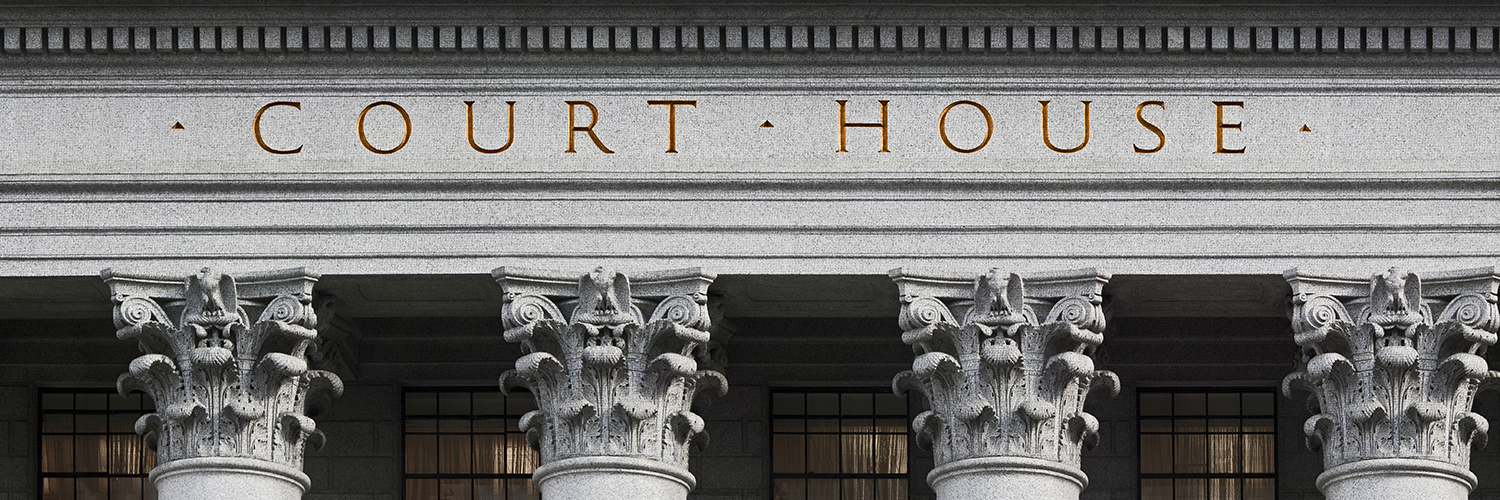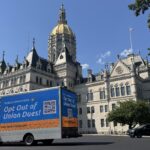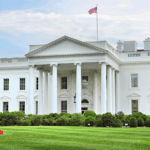The Freedom Foundation makes more than powerful arguments. It makes powerful friends, too, and the latter may just be enough to persuade the U.S. Supreme Court to consider the former.
This week, the Freedom Foundation received word a collection of national legal heavyweights had submitted amicus briefs in support of its recent appeal to the U.S. Supreme Court of a politically motivated 5-4 ruling issued in January by the left-leaning Washington State Supreme Court.
The case in question dates back to 2014, when citizen activists in Sequim, Shelton and Chelan attempted to place labor reform measures on their municipal election ballots only to be thwarted when the city council in each community bowed to union pressure and denied voters a chance to decide for themselves.
The initiative sponsors subsequently challenged their cities in court, and the Freedom Foundation provided all three with pro bono representation.
The lawsuits proved unsuccessful, but in the meantime, a union front group filed a campaign finance complaint against the Freedom Foundation, alleging it was required to report the value of its legal costs as an in-kind political contribution to the pro-initiative forces.
The charge was laughable on its face, given that it’s impossible to commit a campaign finance violation without a campaign. And the trial court judge agreed, but when the unions prevailed on appeal, the case found its way to the unanimously liberal Washington State Supreme Court, which issued its narrow ruling against the Freedom Foundation.
With important Constitutional principles at stake, Freedom Foundation attorneys quickly appealed to the U.S. Supreme Court, which is expected to decide by the end of June which cases to hear when the fall term starts in October.
To help the justices make up their minds, the Freedom Foundation’s case was bolstered by a brief submitted by the Right to Work Legal Defense Foundation; another filed jointly by the Institute for Free Speech and the Cato Institute; and a third filed by a coalition including:
- the Liberty Justice Center;
- the 60-Plus Association;
- the Alliance Defending Freedom;
- Americans for Tax Reform;
- the Beacon Center;
- the Center for Worker Freedom;
- the Center for the American Experiment; and,
- the Wisconsin Institute for Law and Liberty.
“The problem with labeling non-campaign legal work as a campaign expenditure is fairly clear: there can be no campaign-finance violation if there’s no campaign,” Cato Institute attorneys wrote in a blog post about their brief. “Citizens were never asked to vote on anything, nor did anyone try to influence their votes.
“But the issue goes even deeper,” they continued. “When a law tries to make lawyers disclose work undertaken free of charge, it opens them up to harassment and political attack, and makes it more difficult for citizens to find legal representation, discouraging political speech for both.”
Placing arbitrary restrictions on political speech, their argument states, dissuades lawyers from taking on pro bono work, an overwhelmingly popular practice in the legal profession that many state bar associations strongly encourage, including Washington’s own.
“And one more thing that moves this whole thing from the ridiculous to the absurd,” the Cato article notes. “Campaign-finance laws exist to combat corruption, but a ballot initiative can’t be corrupted. It can’t offer a political favor in exchange for money or support. No matter what you do for it, it won’t love you back.”











